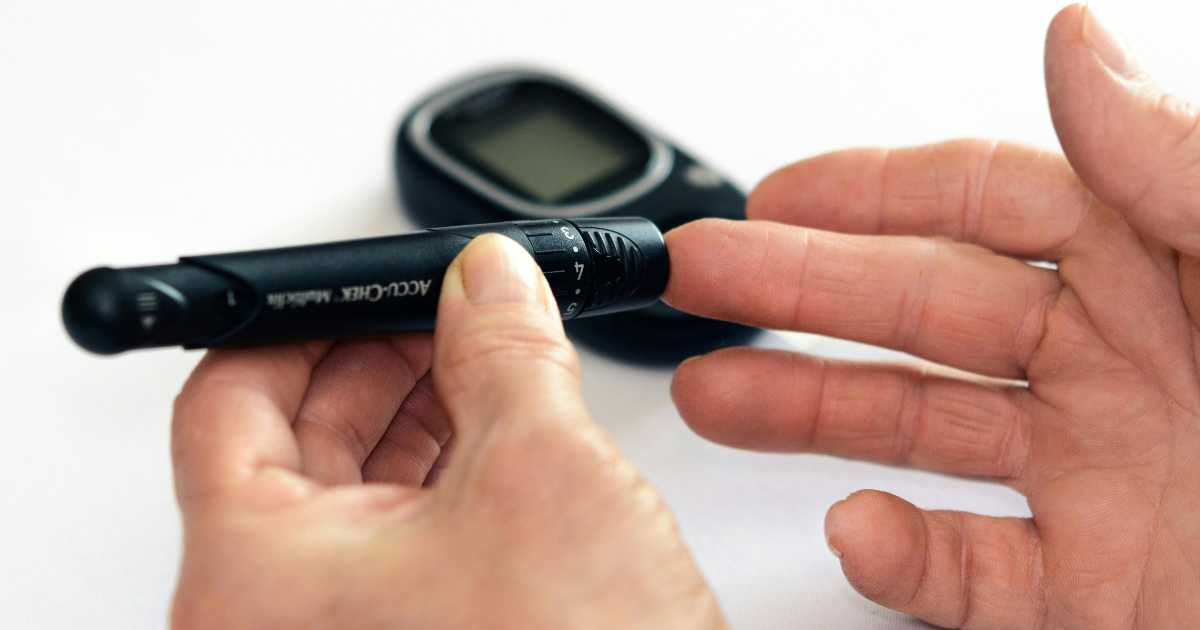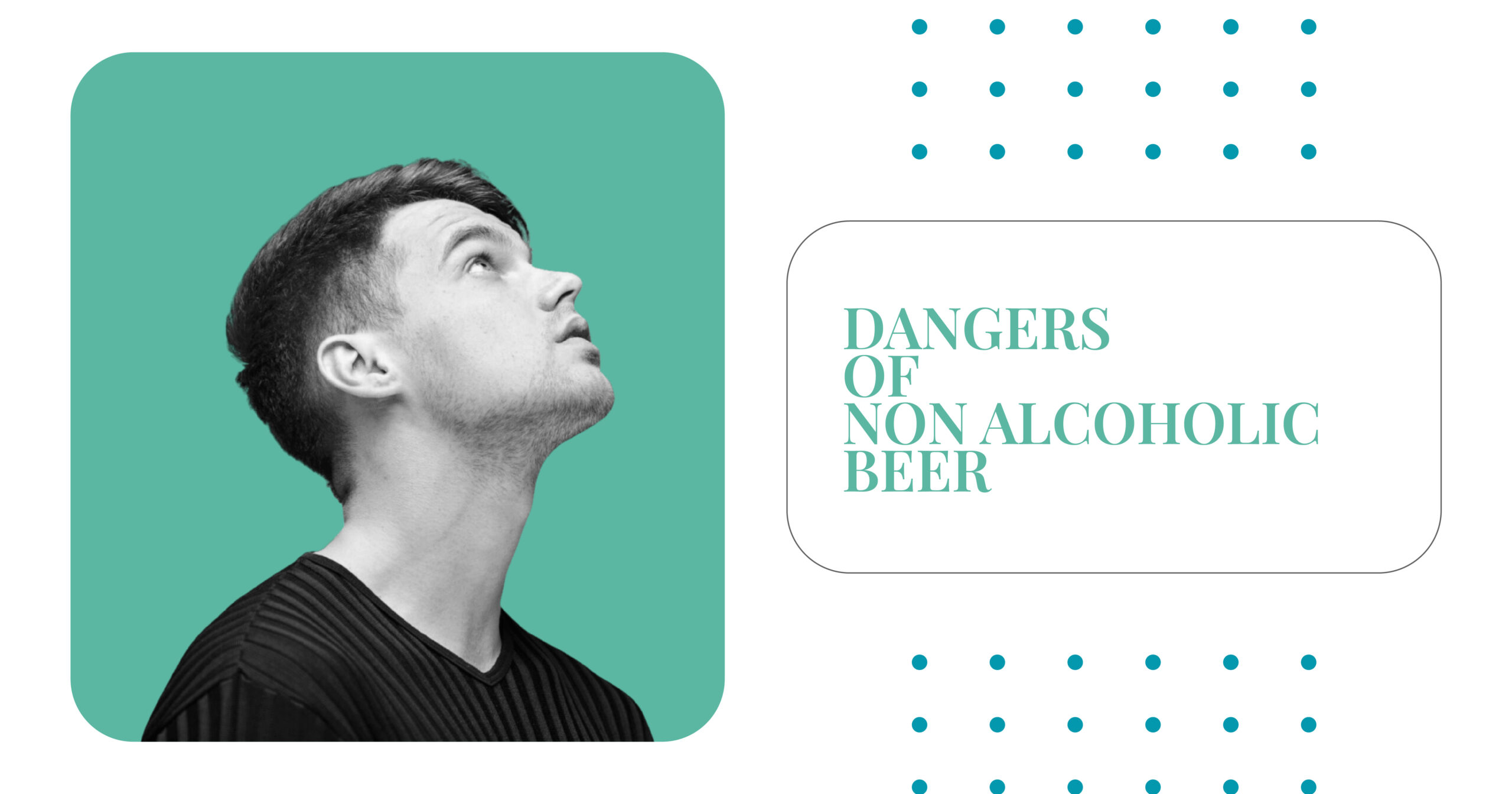If you are someone who is aiming to cut down on alcohol, or you are in recovery or know someone who is, non-alcoholic beer can seem like a great alternative. These beverages are marketed to capture the taste of traditional beer, but without intoxication. It appears harmless at first sight, but the reality is different.
The danger of non-alcoholic beer is often overlooked. Despite their lack of alcohol content, such drinks can still cause health risks, especially for people who are recovering from substance use disorder.
Understanding the impact of non-alcoholic beer on the mind and body is very important, especially for those who are finding their way through sobriety. In this blog post, let’s explore everything related to non-alcoholic beer. Let’s get into it!
The Dangers of Non-Alcoholic Beer
Understanding the dangers of non-alcoholic beer is very important. For this reason, let’s break down the most pressing concerns.

Health Risks of Non-Alcoholic Beer
Non-alcoholic beers often lack high ABV (alcohol by volume), which can be found in regular beer. And most importantly, they are not always healthy. But the fact is, non-alcoholic beer usually contains high levels of sugar and carbohydrates. When such drinks are over-consumed, this can lead to insulin resistance, weight gain, and metabolic issues.
Additionally, people with alcohol sensitivity often experience symptoms such as gastrointestinal discomfort, headache, flushing, and sometimes even react to traces of alcohol.
In 2020, a study was published in Alcohol and Alcoholism by Oxford University Press that shared that many alcohol-free beverages contain alcohol levels sometimes mislabeled due to lenient industry regulation. This variability increases the risk of consuming alcohol when it is not anticipated.
Side Effects of Non-Alcoholic Beer
Well, there are various side effects of non-alcoholic beer that include:
- Digestive system discomfort due to additives and carbonation.
- Non-alcoholic beer triggers the craving for alcoholic beverages, especially for individuals who are recovering from alcohol use disorder.
- The use of non-alcoholic beer often interferes with medicines, primarily for blood pressure and mental health.
- It increases the blood sugar level, especially in individuals suffering from diabetes.
All of these minor effects can become significant over time, with regular consumption or overuse.
Non-Alcoholic Beer and Liver Health
People often wondered if non-alcoholic beer and liver health are interlinked. Yes, because the liver processes all the substances, such as medications and alcohol, and certain ingredients in non-alcoholic beer can still affect liver function.
Even the slightest trace of alcohol can compromise a liver, specifically for individuals who have pre-existing liver damage or any condition such as fatty liver. Moreover, preservatives and added sugar can contribute to liver inflammation and stress.
Studies from the National Institute of Alcohol Abuse and Alcoholism (NIAAA) have shown that a low level of alcohol exposure can often affect the liver function of individuals with a history of alcohol-related liver diseases or conditions.
Alcohol-Free Beer Dangers
Did you know, people often fall into the trap of assuming that risk-free or alcohol-free are equal? The case is different. This comes from usually hidden ingredients and addiction potential, and there are various reasons to approach non-alcoholic beer with caution.
Risk of Addiction to Non-Alcoholic Beer
Do you know that non-alcoholic beer addiction is also real? The drinking of beer, holding the bottle, the social context, and the similar taste can trigger psychological associations that mimic the real drinking behavior.
For the people who are recovering from AUD, these cues can be dangerous. The process of addiction isn’t just about substance, but it involves mental, emotional, and behavioral triggers. Drinking non-alcoholic beer can remind those who have deeply rooted habits. Psychology Today stated that people are at a higher risk of developing addiction.
Ingredients in Non-Alcoholic Beer
Here is a closer look at the available ingredients of the non-alcoholic beer:
- Malt and Yeast. Even in small amounts, these brewing ingredients in non-alcoholic beer still produce ethanol, which is known as alcohol.
- Preservatives. Some non-alcoholic beers often include food additives such as potassium metabisulfite and sodium benzoate, as they can trigger digestive or other allergic reactions.
- Added Sugars. Drinks with high sugar content can contribute to diabetes, liver disease, fatty liver disease, and obesity.
- Artificial Flavors. These flavors are added to beverages to enhance the taste, but they usually increase inflammation in sensitive individuals.
Even if the drinks have low alcohol content, when consumed in the long run, they can pose health risks.
Non-Alcoholic Beer and Blood Pressure
Well, there is a great connection between non-alcoholic beer and blood pressure. Some beers have high sodium content, which can elevate high blood pressure.
On the other hand, carbohydrates and sugar in the beverages can also lead to a condition like metabolic syndrome, which is possibly more associated with hypertension.
With time, high blood pressure can often lead to chronic conditions such as cardiovascular diseases. At the same time, moderate consumption may not cause immediate harm, but individuals with existing blood pressure issues should stay cautious about their situation.
The American Heart Association (AHA) has warned that foods and beverages marketed as low-risk must have unintended effects on heart health when consumed daily.
Mental Health and Non-Alcoholic Beer
The association between mental health and non-alcoholic beer is very important for individuals who are in the recovery phase. The drinks that act as a psychological trigger can often lead to relapse, anxiety, increased cravings, and even guilt after the consumption of the drink.
Many individuals often battle depression, PTSD, and anxiety conditions as co-occurring with substance use disorder, which non-alcoholic beer can usually disturb the progress. The illusion of drinking may often feel comforting in such moments, but it may often lead to emotional instability when used in the long run.
For instance, a person who is drinking non-alcoholic beer can cope with anxiety or stress, but they will eventually transition back to the drink that contains a strong effect of alcohol.
Need Help Navigating Sobriety? Contact Opus Health
If you are someone who is struggling to stay sober and you have billions of questions related to non-alcoholic beer or its role in recovery, Opus Health is here to help you. Our team of experts uses an evidence-based approach that supports individuals at every stage of recovery.
We provide medical therapy, medical detox, and inpatient and outpatient care that is personalized to your needs. Whether you are somebody who is struggling with co-occurring disorder, relapse triggers, or simply need a safe space to talk, our licensed experts are ready to help. Reach out to us today at Opus Health and start your journey towards sobriety.

FAQs
What are the potential health risks associated with non-alcoholic beer consumption?
The potential health risks associated with non-alcoholic beer consumption are usually blood sugar imbalance, liver stress, weight gain, and high blood pressure. It may also trigger a relapse in individuals who are recovering from alcohol dependence.
Can non-alcoholic beer affect liver health in the same way as alcoholic beverages?
Yes, non-alcoholic beer affects liver health in the same way as alcoholic beverages. This is because non-alcoholic beverages still have some small amount of alcohol, with added sugar and preservatives that can trigger the negative effects on the liver, and they affect individuals who have existing fatty liver disease and conditions.
Are there any concerns regarding the ingredients used in non-alcoholic beer?
Yes, there are various concerns regarding the ingredients used in non-alcoholic beverages because they can trigger various reactions. The ingredients available are preservatives, artificial flavors, and malt. They can often trigger metabolic changes, digestive discomfort, and allergic reactions in a few individuals.
How does non-alcoholic beer consumption impact blood pressure levels?
Non-alcoholic beer consumption also impacts blood pressure levels because some of the brands add high sodium levels and sugar within their drinks, which can both contribute to the elevated cardiovascular strains and blood pressure conditions.
Is there a risk of addiction with regular consumption of non-alcoholic beer?
Yes, there are risks of addiction with regular consumption of non-alcoholic beers. Specifically for the individuals who are in the recovery phase, the taste and the ritual of consuming alcoholic beverages can trigger a craving and behavior associated with alcohol addiction.




